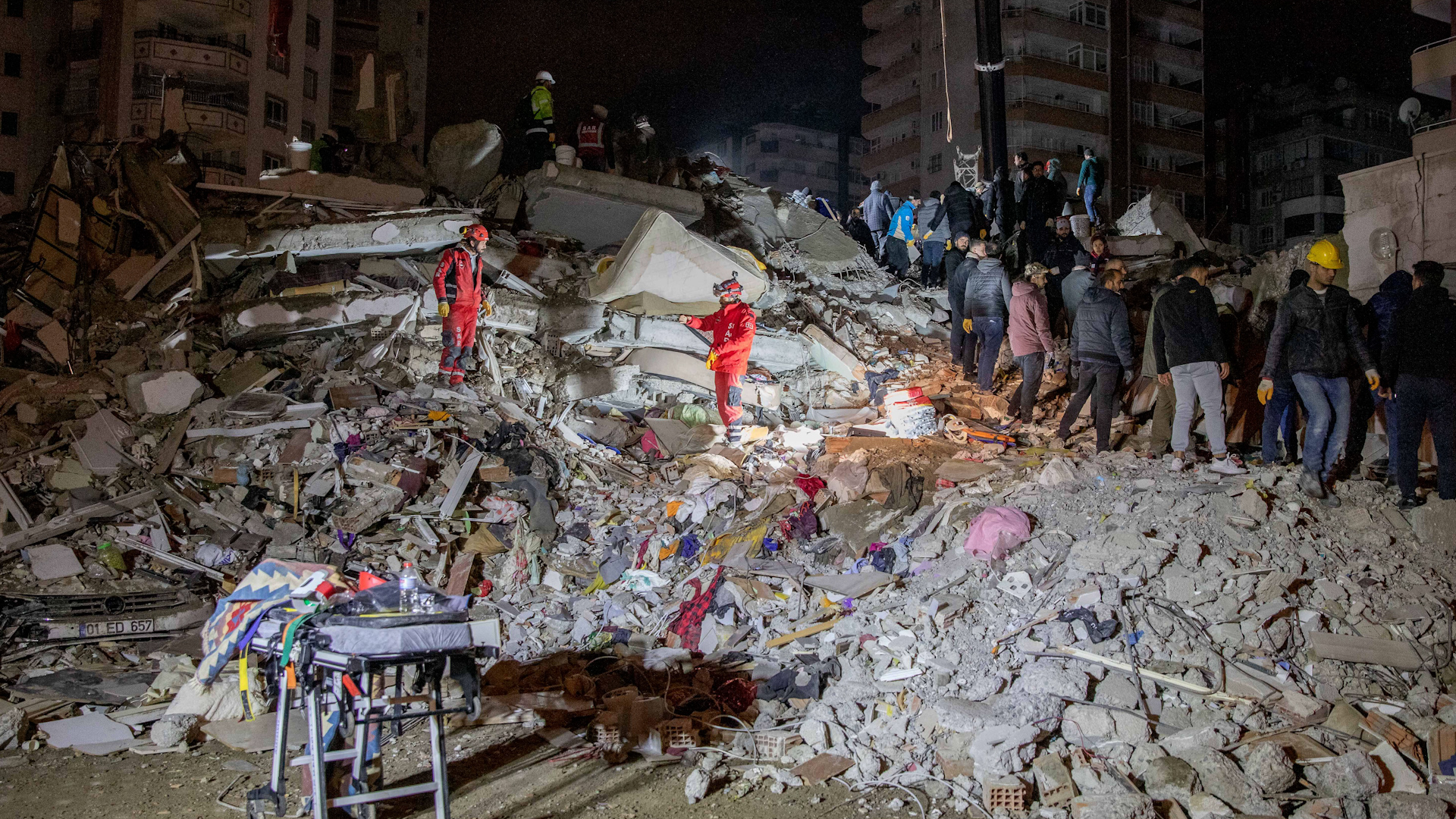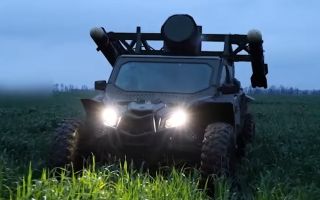
Turkey-Syria earthquakes: Team of veterans set to help with relief efforts in Turkey

A disaster response charity that uses the military expertise of veterans is heading to Turkey to help the country in its relief efforts following two devastating earthquakes.
More than 5,100 people have died after a 7.8 magnitude earthquake hit south-eastern Turkey and northern Syria during the early hours of Monday morning, followed by a second tremor measuring 7.5.
Paul Taylor, International Operations Manager of RE:ACT, who served for 26 years in the Royal Regiment of Fusiliers, is now heading out to Gaziantep – near the epicentre – in southern Turkey.
Mr Taylor and his team are expected to arrive in Gaziantep on Wednesday morning and once there, he and one of his colleagues will assess the situation on the ground and what support is needed before more responders join them.
He told Forces News the team will use the military experience of its veterans to help inform how they will provide humanitarian assistance in Turkey.
In a disaster, not every area is affected in the same way as another which means what is a critical need in one region might not necessarily be the case elsewhere.
RE:ACT takes a military approach to humanitarian crises – sending teams into a disaster area who work with locals to understand local needs, and applying military expertise in planning and problem solving to build situational awareness – what many in the Armed Forces will know as a common operating picture.
Mr Taylor said: "When it comes to things like decision making, people will be familiar with the military estimate process, which is what we use.
"The key point is we are not all from the military, but those members of our organisation that are civilians or blue light responders will have been trained in those military techniques."
Mr Taylor said the charity's military approach brings a "sense of direction", adding how for veterans on the team it is "not the first time [they] have been in situations like this".
"Calm is contagious and you can bring a little bit of calm to what is understandably, potentially, a chaotic environment," he said.









